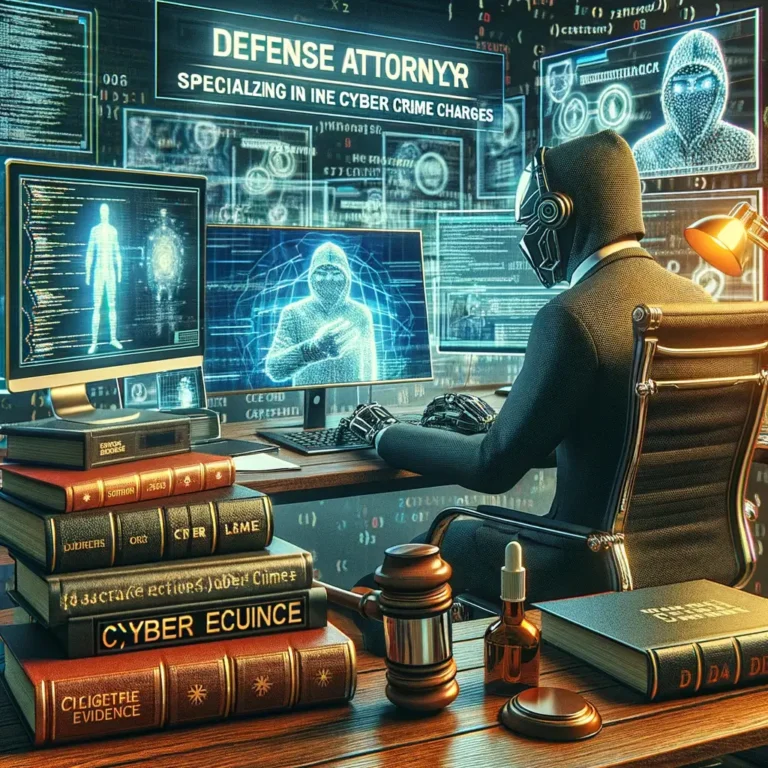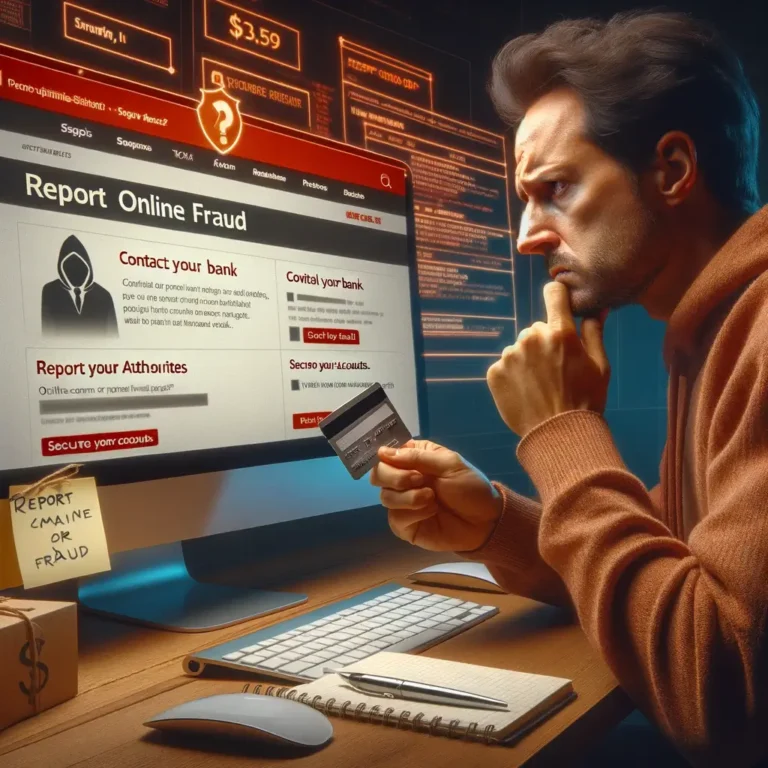In this article we have explained the Role of Expert Legal Representation For Hacking Charges Under It Act. As in today’s digital era, cybersecurity and data privacy have become paramount. With the increasing reliance on the internet and technology, the instances of cybercrimes, especially hacking, have surged. In India, the Information Technology (IT) Act addresses these concerns, outlining the legal framework to combat cybercrimes, including hacking. However, navigating through the complexities of the IT Act requires professional guidance. This is where the role of expert legal representation becomes crucial for anyone facing hacking charges under the IT Act.
Understanding Hacking Under the IT Act
What is Hacking?
Hacking, in simple terms, is the unauthorized access to or manipulation of computer systems, networks, or data. It poses a significant threat to individual privacy, corporate security, and even national security. The IT Act of India criminalizes hacking and prescribes penalties for such offenses.
Legal Provisions Against Hacking
The IT Act specifically deals with hacking under Section 66, which penalizes the act of unauthorized access or attempts to access a computer system or network. The law makes it clear that any such activity is a criminal offense, leading to hefty fines and imprisonment.
Role of Expert Legal Representation For Hacking Charges Under IT Act
Navigating Legal Complexities
The legal provisions under the IT Act are complex and technical. An expert legal professional specializing in cyber law can help decode these complexities, ensuring that the accused’s rights are protected throughout the legal process.
Building a Strong Defense
A skilled lawyer can scrutinize the evidence, identify weaknesses in the prosecution’s case, and develop a robust defense strategy. This might involve challenging the legality of the evidence, the method of its collection, or even the interpretation of the law as it applies to the case.
Guidance Through the Legal System
Expert legal representation provides invaluable guidance through the intricacies of the legal system, from filing bail applications to navigating the trial process. A lawyer with experience in cyber law can offer advice on the best course of action, whether it’s negotiating a settlement or fighting the charges in court.
Protecting Rights and Reputation
A lawyer not only defends against the charges but also works to protect the accused’s rights and reputation. This includes handling media coverage, if any, and ensuring that the accused is treated fairly by the system.
Conclusion: The Vital Role of Expert Legal Representation
Facing hacking charges under the IT Act can be a daunting experience. The stakes are high, with potential penalties including imprisonment and significant fines. Expert legal representation is not just beneficial; it’s essential. A lawyer specializing in cyber law can provide the expertise needed to navigate the legal challenges, advocate for the accused’s rights, and work towards the best possible outcome.
In summary, if you or someone you know is facing hacking charges under the IT Act, seeking expert legal representation is the first and most crucial step towards ensuring justice and protecting your rights.
FAQs: Role of Expert Legal Representation For Hacking Charges Under It Act
1. What is the IT Act?
Answer: The IT Act, or Information Technology Act, is a law in India that deals with cyber activities. It covers legal issues related to the internet, such as digital commerce, cybersecurity, and cybercrimes, including hacking.
2. What constitutes hacking under the IT Act?
Answer: Hacking under the IT Act involves unauthorized access to or manipulation of computer systems, networks, or data.
3. What are the penalties for hacking in India?
Answer: The penalties for hacking can include imprisonment up to three years, a fine, or both, depending on the severity of the offense.
4. Why do I need an expert lawyer for hacking charges?
Answer: An expert lawyer can help navigate the complexities of the IT Act, build a strong defense, and protect your rights and reputation.
5. Can the charges of hacking be contested in court?
Answer: Yes, with expert legal representation, you can contest hacking charges in court and potentially have them reduced or dismissed.
6. How can a lawyer help if I’m falsely accused of hacking?
Answer: A lawyer can challenge the evidence, argue against the legality of the accusation, and work to clear your name.
7. What should I do first if I’m charged with hacking?
Answer: Contact an expert lawyer who specializes in cyber law immediately to get legal advice and representation.
8. Are there any defenses against hacking charges?
Answer: Yes, possible defenses include lack of intent, authorization to access the system, or proving the act was not hacking.
9. Can minors be charged with hacking?
Answer: Yes, minors can be charged with hacking, but the legal proceedings and penalties might differ.
10. How serious are hacking offenses under the IT Act?
Answer: Hacking is considered a serious offense, with penalties including imprisonment and fines.
11. Can hacking charges affect my future?
Answer: Yes, a hacking conviction can impact your future employment, travel, and more, making legal representation crucial.
12. What is unauthorized access?
Answer: Unauthorized access means accessing a computer system or network without permission or exceeding permitted access.
13. Is password cracking considered hacking?
Answer: Yes, password cracking to gain unauthorized access is considered hacking under the IT Act.
14. Can I be charged for hacking if I didn’t cause any damage?
Answer: Yes, simply gaining unauthorized access, regardless of damage, can lead to hacking charges.
15. What evidence is needed for hacking charges?
Answer: Evidence can include digital footprints, such as IP addresses, logs, or unauthorized transactions.
16. Can hacking charges be dropped?
Answer: Yes, with effective legal representation, charges can be dropped if the evidence is insufficient or rights were violated.
17. How long does a hacking trial take?
Answer: The duration of a trial can vary widely based on the case’s complexity, evidence, and legal procedures.
18. Can I settle hacking charges out of court?
Answer: In some cases, it may be possible to negotiate a settlement, but expert legal advice is crucial.
19. What is the role of cybersecurity experts in hacking cases?
Answer: Cybersecurity experts can provide technical analysis and testimony to support the defense or prosecution.
20. Can the victim of hacking press charges?
Answer: Yes, the victim can report the offense, leading to legal proceedings under the IT Act.
21. Are all hacking activities illegal?
Answer: Not all hacking is illegal; ethical hacking, done with permission to improve security, is legal.
22. What is ethical hacking?
Answer: Ethical hacking involves legally breaking into systems with permission to find vulnerabilities and improve security.
23. Can companies sue for hacking?
Answer: Yes, companies can take legal action against hackers for damages or data breaches under the IT Act.
24. How does the IT Act protect personal data?
Answer: The IT Act includes provisions for data protection, making unauthorized data access and breaches punishable.
25. Can I be extradited for hacking charges in India?
Answer: Depending on international treaties, individuals in other countries can be extradited to India for serious cybercrimes.
26. What is digital evidence?
Answer: Digital evidence includes any data stored or transmitted in digital form that can be used in court.
27. How can I protect myself from being hacked?
Answer: Use strong passwords, update software regularly, and be cautious with emails and downloads to reduce hacking risks.
28. What is a cyber law attorney?
Answer: A cyber law attorney specializes in laws related to the internet, including cybercrimes like hacking.
29. Can ignorance be a defense in hacking charges?
Answer: Generally, ignorance of the law is not a defense, but lack of intent or knowledge of the action being illegal might be considered.
30. What’s the difference between hacking and phishing?
Answer: Hacking involves unauthorized access to systems, while phishing tricks individuals into revealing personal information, often through fake emails or websites.
















